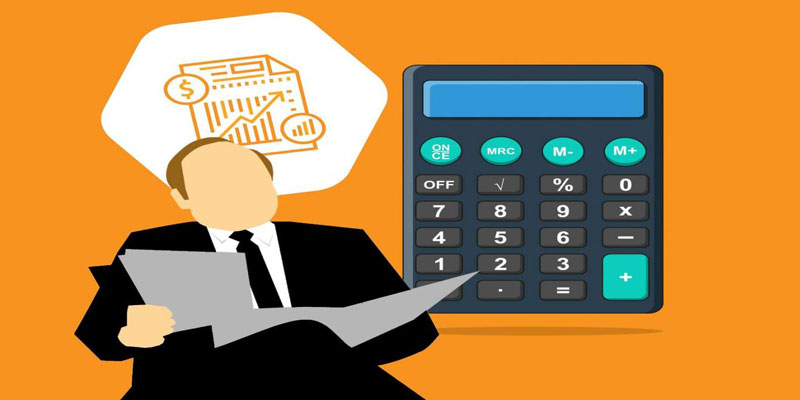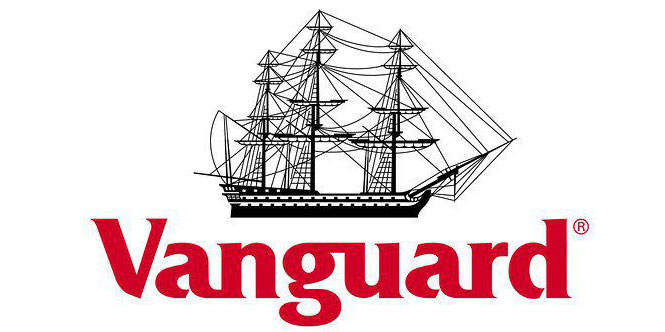A home equity loan is a way to borrow money against the value you've built up in your primary dwelling. You're free to use that sum toward any goals, whether a new car, a vacation home or an investment property.
There might be some serious consequences if you utilize your home equity to finance the purchase of another property. Assessing the benefits and drawbacks of a decision before making a move is wise.
Getting a Second Mortgage Using Your Home's Equity

To answer your question, yes, you may utilize a home equity loan to purchase another property. But remember that some mortgage companies won't provide you a loan on a new house if you use a home equity loan as your down payment. But if you're buying the new place with cash, there won't be any issues.
A home equity loan offers you the whole loan amount at once instead of a home equity line of credit (HELOC), which gives you a revolving line of credit.
The market worth of your house, the amount of equity you have, and the amount you wish to borrow will determine the total. Your income and credit history will determine your ability to repay the loan.
Buying A Second Home With A Home Equity Loan: Pros and Cons
If you already own a property but are short on liquid assets, a home equity loan might be your best (or only) option for purchasing a second home. Another possible benefit is that home equity loans often have lower interest rates than other types of borrowing, but they are still normally higher than mortgage interest rates.
Taking up a home equity loan as a down payment on a new house is risky since your primary dwelling will be used as collateral against the loan. Should you default on your home equity loan, the lender has the right to foreclose on the property and evict you and any other occupants.
Home Equity Loan Alternatives to Buy Another House
There are other ways to finance a home purchase besides a home equity loan. There are benefits and drawbacks to them as well.
Cash
Your savings will be the greatest option for a down payment on a new home if you don't need the money for anything else. Naturally, you shouldn't be looking for a loan if you have that.
Save For Retirement
Financial security in old age is feasible thanks to your accumulated savings. For instance, if your company has a 401(k) plan, you can take out a loan against a portion of your 401(k). Retirement plan loans have the same inherent dangers as home equity loans. Payback is required within five years or sooner if you experience a job loss. If you cannot repay the loan, income taxes and penalties will be due.
Private Loans
The option of a private loan should be considered. A personal loan's interest rate will be greater than that of a home equity loan or home equity line of credit, but unlike a HELOC, your house will not be in danger if you default on the loan's payments.
Cash-Out Refinancing
With cash-out refinancing, you may cash in your home's equity by replacing your current mortgage with a bigger one. You'll have more disposable income for other needs. Your mortgage payment and overall debt load will naturally increase. There are also significant fees associated with closing on these loans.
Credit Line For A Home Equity
A home equity line of credit might provide greater financial flexibility than a home equity loan when used to acquire a rental property, vacation house, or investment property.
If you need money for a down payment and anticipate needing extra money in a year or two to undertake upgrades, this might be a good option. However, unlike a home equity loan, which normally has a fixed interest rate, HELOCs frequently have variable interest rates, making them less predictable.
The Reverse Mortgage

The Home Equity Conversion Mortgage is a reverse mortgage guaranteed by the federal government that allows people 62 and older to become landlords in their retirement years by purchasing a property with rental flats.
You may use the reverse mortgage funds to purchase a new property, then rent out the old one. A reverse mortgage requires that you be a permanent resident of the home being used as collateral.
Conclusion
Home equity loans can be used to finance the purchase of additional real estate if you have built up sufficient equity in your primary residence. The risk of foreclosure is a serious consideration if you cannot keep up with your mortgage payments.
To the same end, a home equity line of credit, personal loan, or cash-out refinancing are all options that may be more suitable for individual borrowers. There are benefits and drawbacks to both.




